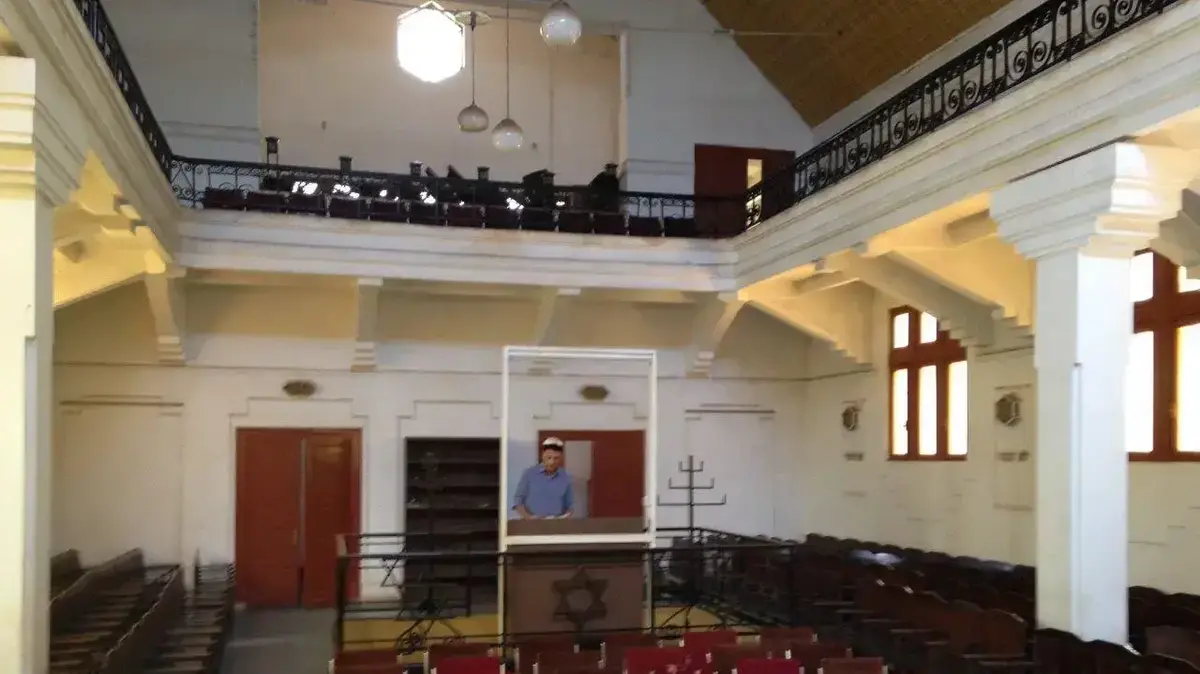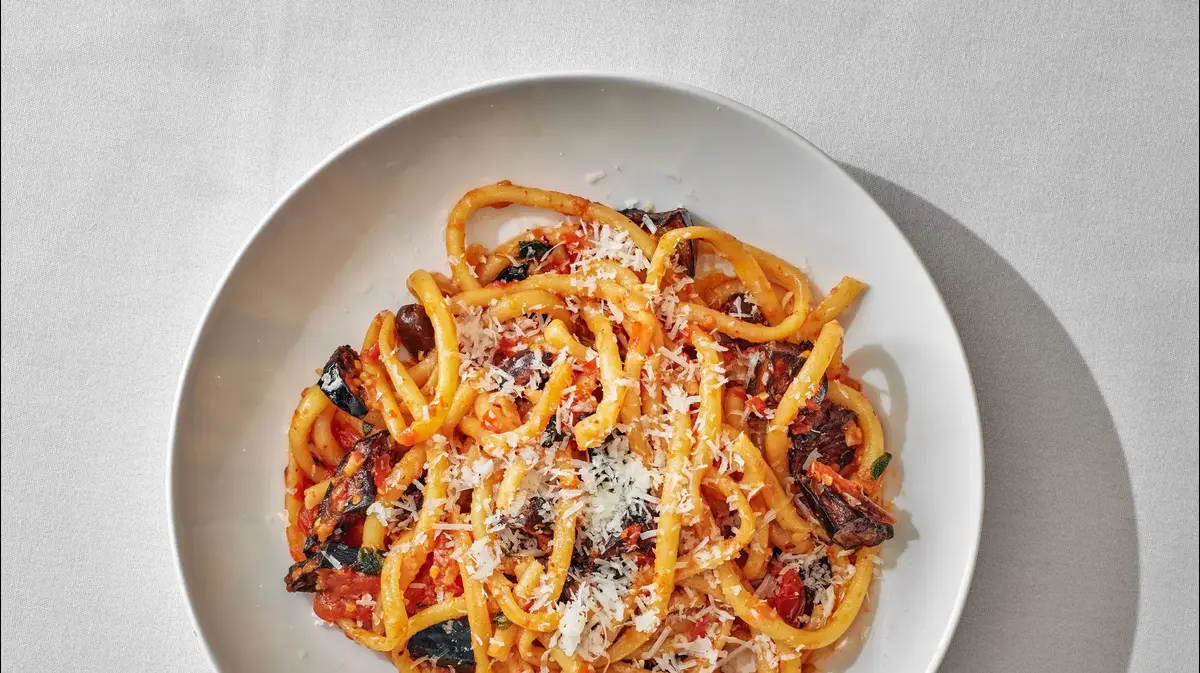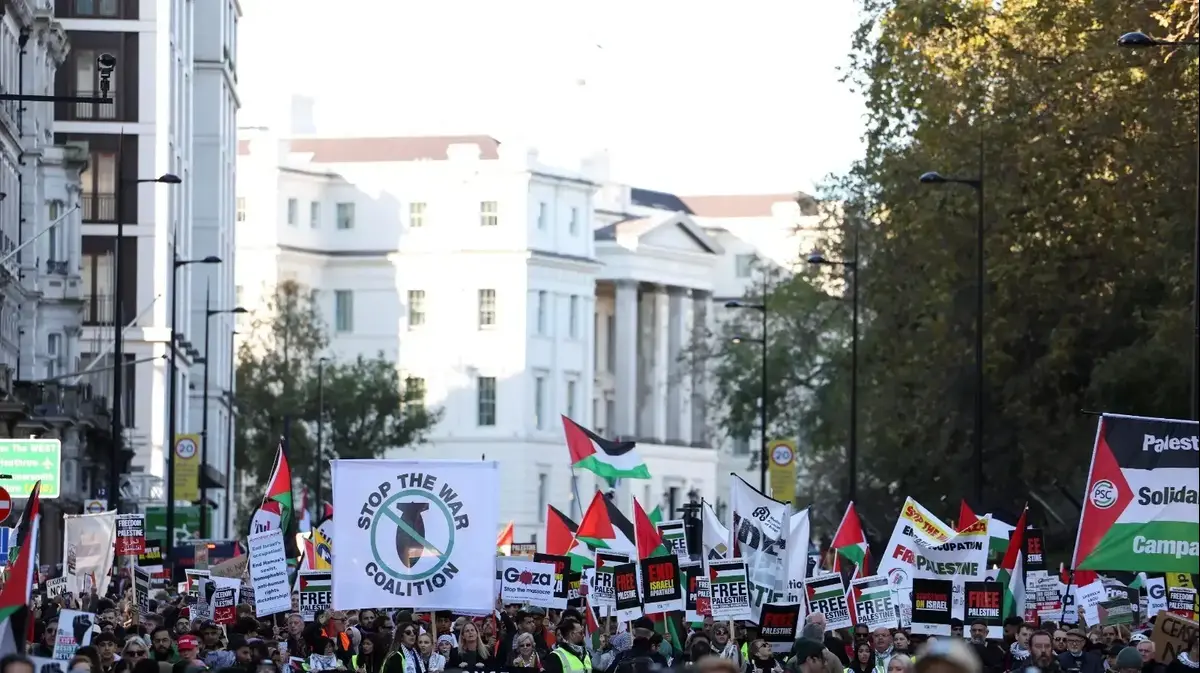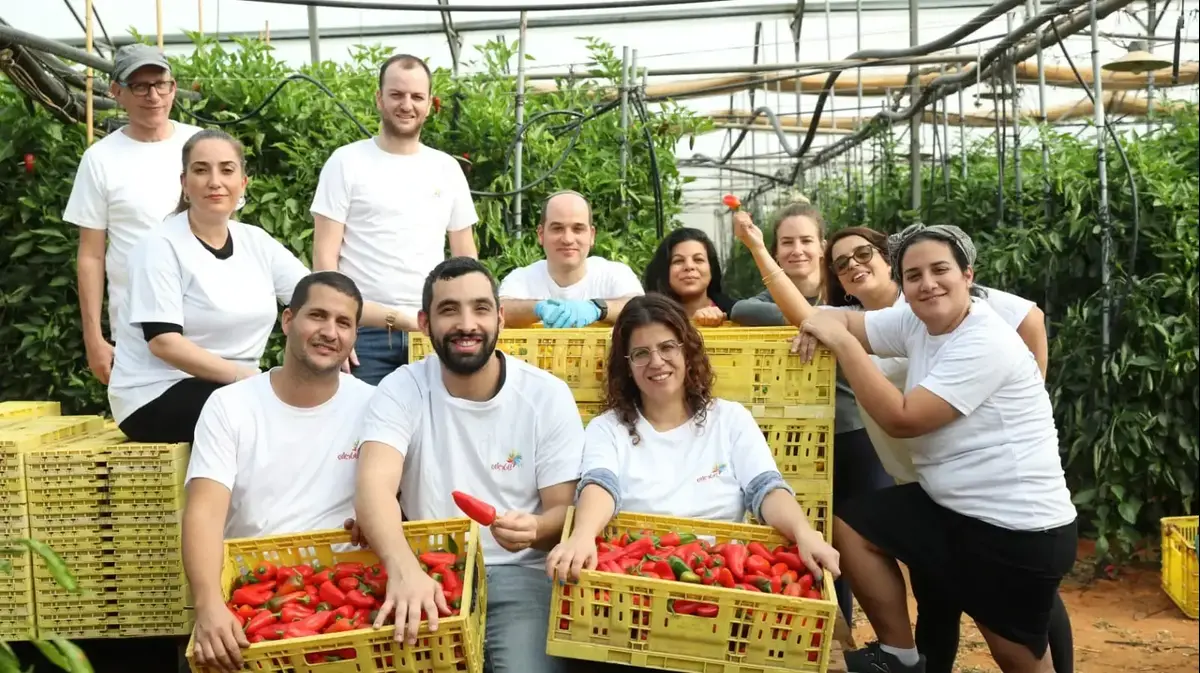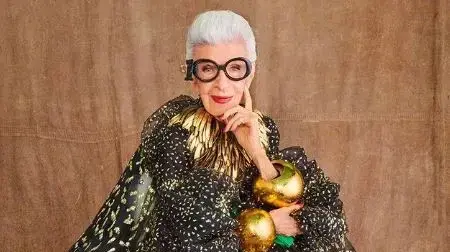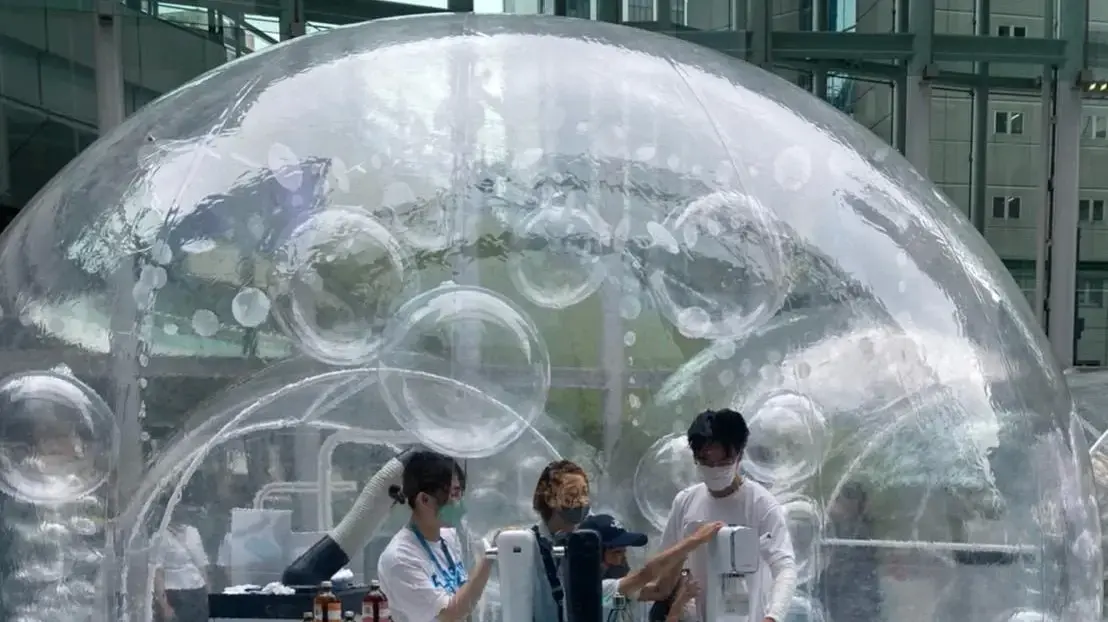Business
magazine
Rare variety: The Israeli company that returned the color to Africa
The attraction to its building materials brought the Israeli paint company "Rare" on a business trip to Africa, where they encountered extreme poverty alongside mental strength, and also renovated a synagogue in the heart of the jungle: "They adore Israel, want to follow us."
Tags
Africa
David Rosenthal
Monday, 01 March 2021, 00:33
Share on Facebook
Share on WhatsApp
Share on general
Share on general
Share on Twitter
Share on Email
0 comments
When the managers of the Israeli paint company "Nadir" went on a business trip in Africa, they thought they were doing regular construction materials deals.
But in Africa as in Africa, reality dictates the business plan that instead of a desert dominated by neglect and desolation, when the colorfulness and renewal of buildings enters, then it illuminates the dark places and adds hue to the life of the locals like growing flowers in the desert.
Ofer Ben Yaakov, the company's owner and CEO, and Waki Belsen, VP of Marketing, came to Africa following a demand for their innovative dyes for independent projects, followed by philanthropic projects carried out by the World Bank for the African community.
As part of the project, the bank is financing the renovation of neglected buildings across the continent, such as hospitals, universities, courts, clinics, schools and more.
In the past year, due to the Corona, this beautiful project has been halted due to a halt to the donation funds, but the company’s independent contracting projects like renovating palaces and hotels continue to exist.
To date, about 100 renovation and reconstruction projects have been carried out in which the company participated.
Painless treatment
The technology in shoes that will save you from back and knee pain
To the full article
Congo court after renovation of "rare" (Photo: PR)
It all started in 2005 with the renovation of the Tel Aviv port, when the municipality sought to cover the buildings being built by the sea with paint materials that would remain durable for many years and would not become obsolete and wear out due to moisture and salinity.
A "rare" company that in those days developed an innovative and groundbreaking product of paints that withstand extreme weather conditions of heat, humidity, heavy rainfall and a saline environment, picked up the gauntlet and accepted the challenge.
Three years later, an Israeli architect who initiated a hotel project in Nigeria was looking for a color that could withstand African weather conditions.
He was impressed by the durability of the paint on the Tel Aviv port buildings and decided to use these materials for his project.
Slowly local African contractors also became interested in the new material and saw that it does wonders for the buildings and thanks to it they are beautifully preserved for a long time in even the most extreme weather conditions, which will save the building maintenance over years and frequent maintenance work.
The rumor about the innovative and unique paint materials spread and spread so that more and more contractors ordered these paint materials until Aki Belsen, VP of Marketing at Nadir, found himself flying to the continent once a month to meet a growing demand. At some point, developers Working on philanthropic projects for the community of the World Bank, they also recommended to the Bank the innovative dyes of Israeli society, as part of one of the World Bank's many support actions for Africa, through renewal and overhaul as part of a multi-year program to help poor countries Under the terms of the new plan, the money goes directly to the projects themselves and not to the heads of state or governments as was the case in the past.
With sensitivity and understanding
When "rare" managers began to employ Africans, they made sure to do so with a lot of sensitivity and consideration and to follow the orderly rules of labor laws so that the work would bear fruit.
"The real difficulty in working in Africa is to see people working for a meager amount because of the poverty they are in, so we decided to invest in the training of the workers," says Belsen, "they came unskilled in the construction professions, so we are required to invest in training anyone who came without distinction Who knows the job and those who do not know it. To give them a chance to earn a living, we trained everyone who wanted to work because we understood that if the people there do not work, then they have nothing to eat. That's right. We knew this job could keep them afloat. The training took place At the university building and at the end, they received a certification certificate from us for colored plaster work. "
To date, the company has carried out about 100 projects throughout the continent and therefore decided to work with contractor companies that recruit workers and employ the same workers in all projects.
"For us, they aimed for organized and orderly companies with orderly absorption of the employee and not Khafers, God forbid. We made sure that the work was done at the highest level of safety with company clothing, tools, overalls and helmets all to save people's lives."
Over time, personal ties were forged between the Israeli team and the Africans.
Was there anyone who really got into your heart?
"Yeah. Absolutely," Aki says proudly.
"In our work in the Congo everyone who wears an orange vest is a team manager and through him I knew where the job was. One day I come and see that Kosango, one of the managers, is missing. A brief inquiry revealed that his son had passed away so he did not come to work. I went and asked him how he was and he told me that he had lost his son due to illness. I did not understand why he hurried back to work and told him he could take two days off at home and mourn his son, but he flatly refused because two days off means someone else might take his place. And his children will have nothing to eat. I tried to convince him and give him payment in advance for the work but he also refused. Finally he agreed, but even here I saw that he occasionally comes to the construction site to make sure no one takes the work from him. This story taught me that the power of survival Of man is stronger than any other force.These people do not have time to mourn their dead because survival is insane.This is Africa unfortunately.A place of poverty and great difficulty.This is the place I said thank God for this place we were born in and our life here is orderly and relatively good. Then I got to know him a little better and saw that he was a really intelligent guy and
favorite.
I was heartbroken for him because if he had lived somewhere else then he could have been very, very successful.
We have to say thank you for this place we were born in. "And
did you stay in touch with you and Kosango?
" He
touched
our hearts and for a long time I sent him gifts for children, we encouraged him very much to higher education and at one point the company decided to fund his university engineering studies. His.
The more I am in Africa, the more I realize that there needs to be a global mobilization here to change their reality, because without total intervention it is like a drop in the ocean.
So in places I can improve, I do.
But it's so big and huge that what we do not do is drop in the ocean.
The World Bank is trying to make an important change here and I hope we will reach a situation where their reality will indeed improve. "
They entered his heart.
Aki Belsen (Photo: PR)
The Jewish point: Restoration of an ancient synagogue in the middle of the jungle
On one of Aki's business trips to the Congo, he noticed a special, very neglected building, located on the side of the road with an Rashi inscription on it. He asked the driver to stop for a moment and when he got out of the car he noticed that it was an ancient synagogue. It contains a historical story of a Jewish community that existed there for centuries and after the elders died there was no next generation.
"I was driving around the Congo, we came to a city called Lombashi which is in Katanga province and suddenly I saw this wall with the address of Rashi. The Congolese president decided not to demolish the building and he passed a law that the building is a source of blessing, success and protection of the community in the place and therefore he leaves the building intact and he also placed a guard.Because the building stood in a desolate and neglected place, "To renovate it voluntarily as a donation and memorial and to restore the building to its original condition. Then it became clear to us that the district governor's grandfather is Jewish and he is buried in Netanya."
What is special about the rare products you have supplied to Africa?
"These are a number of products: silicone colored plaster which is the unique product of a rare company and dedicated to the extreme temperature of the African continent. Apart from it there are also different types of paints, acrylic-based paints for outdoor and indoor use, decorative additives for decorative concrete floors. We have designed a basket of products whose durability is high. They are based on silicone resins that are designed for extreme temperatures like in Africa. Very high heat, very high humidity, heavy rains like monsoons and a saline environment that standard products will not last. For example, renewing the historic building It is a huge structure of 20,000 square meters from the colonial period of the French in the 19th century that was abandoned for many years and reached a catastrophic state of crumbling walls with mold and mildew.
After a month of intensive work involving conservation elements architects in particular, building this tremendous renovated, repainted white, white properly to done it justice and so he returned to his room. "
How did they catch us? Israelis?
When we renovated the University of Congo, arrived Minister of Education and with TV crew Make us an article. Introduce us as the people who brought this new technology called "rare" that comes from Israel and is the one that will preserve the building for years. They admire Israel because they see our success and doing: a young and new country that succeeds against all odds in a very short time. Of enemies - all this makes them want to follow us.
Intestinal ruins for a magnificent structure.
The synagogue after the renovation (Photo: Yachz)
When the corona is finished, do you intend to continue with the project?
"This project will continue for sure. It is meant to do good to the world and once they get back to normal and reality stabilizes then no doubt it will continue because the work there is not over. The philanthropic projects are not something that will end in one day. Africa needs it. On the other hand, many countries that were big philanthropic supporters of the World Bank are now preoccupied with their economies, resources are more limited, but the "rare" company continues with independent contracting projects such as hotels, residences, palaces.
Share on Facebook
Share on WhatsApp
Share on general
Share on general
Share on Twitter
Share on Email
0 comments

